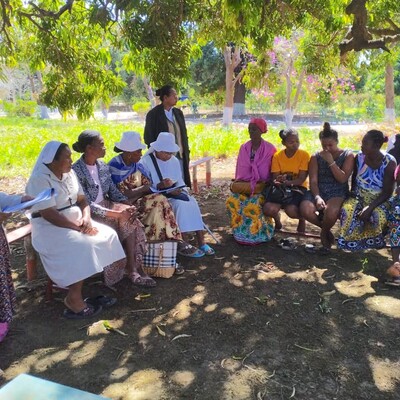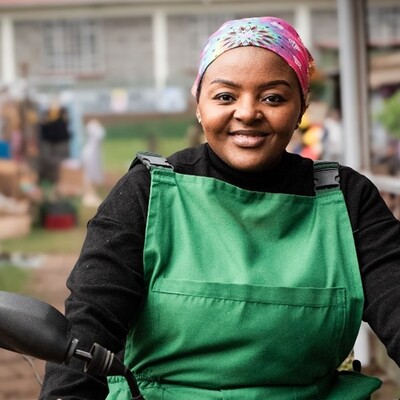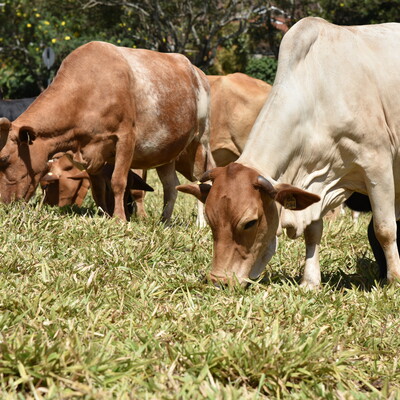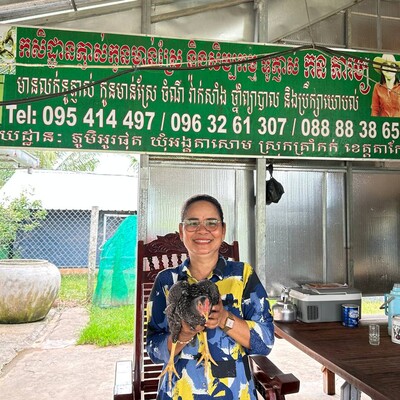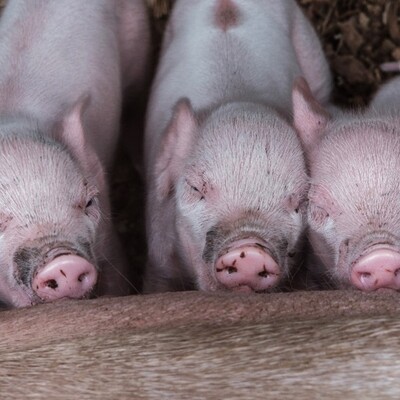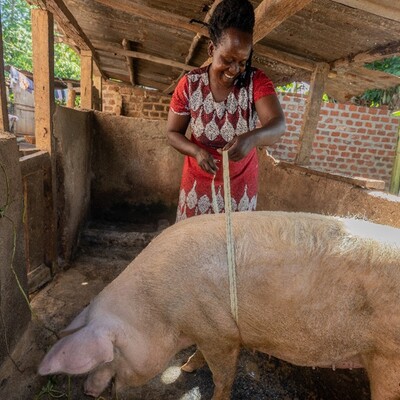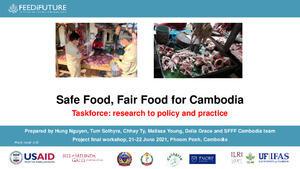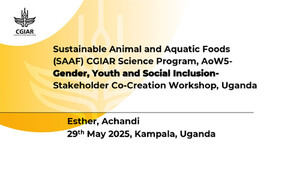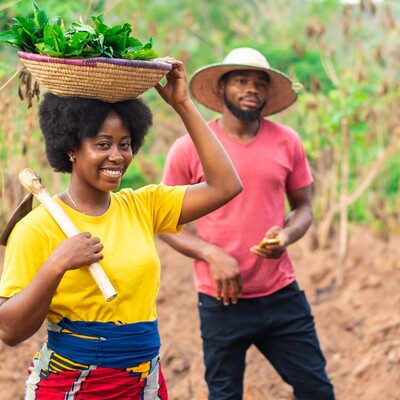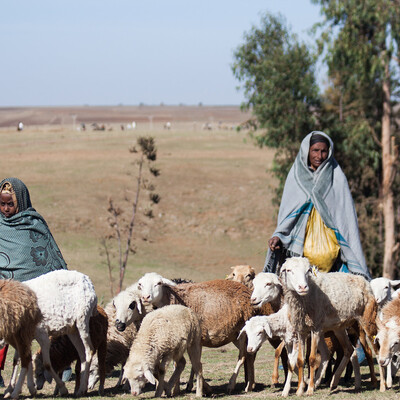
Women empowered in poultry business as WiB phases out in Tanzania
Women make vast contributions to local economies whether on farms, in businesses or in unpaid care work in households. Because of this, investing in women's empowerment creates a great path towards poverty reduction, gender equality and inclusive economic growth.
The International Livestock Research Institute (ILRI)-led Women in Business (WiB) chicken seed dissemination project has attested to this fact by enhancing women’s economic empowerment through sales of chicken and eggs and boosting consumption of chicken meat and eggs to improve the food and nutrition security in households.
After four years of implementation in Tanzania, the project has improved the availability and accessibility of high-quality and locally relevant chicken breeds for women farmers from rural areas. The project recruited young women veterinary graduates as vendors to sell improved chickens to farmers, providing animal health support (in the form of animal drugs and advice) and buying back the older chickens from farmers to sell them at urban markets. This way, WiB has supported the empowerment of women vendors and farmers and improved the livelihood and nutrition of their households.
These and other project impacts were noted during a two-day country project closure workshop on 19–20 September in Dar es Salaam, Tanzania. The event brought together the project stakeholders to review successes and lessons learned, and based on these, explore how to shape the follow-up work under the CGIAR Initiative on Sustainable Animal Productivity.
Amos Omore, ILRI Tanzania country representative, lauded the WiB approaches for their effectiveness. ‘This project involved a rich diversity of private and public sector partners and employed innovative gender-responsive approaches and technology. I would wish to see vendor model replication and scaling in the CGIAR initiative and other projects,’ he said.
The vendor model (where hatcheries sell to brooders and thereafter through vendors one-month-old chicks are sold to farmers who keep them for 4 to 6 months and sell them for meat and keep them for egg production) was adopted and a gender-responsive approach (both accommodative and transformative) was employed throughout the project.
The business skills of young women vendors were also enhanced using a lean canvas business model in planning to improve the efficiency of their businesses. The WiB project has shown success in enhancing women's access to chicken and livestock services in remote areas of the Ruangwa and Kilimanjaro regions. ‘I gained new knowledge which has helped me become self-employed as a chicken breeder and vendor,’ said Brenda Urassa, a vendor from Hai-Kilimanjaro.
Elitruda Swai, a poultry farmer from Siha-Kilimajaro noted that she was inspired to do poultry business by Upendo (a vendor) and her life has since changed. ‘This business has improved food and nutrition in my family, and in a short time, it has improved my income. I can now support my husband to pay for our children’s schooling. I am grateful for the project,’ Swai said happily.
As the project phases out, the WiB approaches and the vendor model will be adapted into the framework of the CGIAR Initiative on Sustainable Animal Productivity which focuses on livelihoods, nutrition and gender inclusion. The number of trained vendors will also be expanded and integrated into the initiative. Efforts will also be put into introducing gender dimensions in information and communication technology (ICT) and harnessing digital technologies and platforms to fill the gap in extension service delivery. These platforms will support the government in increasing access to extension services which has shown a dramatic decline in the last decade. Strategies in areas of intervention at the farmers, vendors, researchers, and policymakers levels were also discussed.
The Women in Business project activities in Tanzania were supported by partners including the Ministry of Livestock and Fisheries Development, Local Government Authorities, the Tanzania Livestock Research Institute (TALIRI), AKM Glitters, and the KIT Royal Tropical Institute. The project was also implemented in Ethiopia.
Listen to an episode of The Boma podcast about the project
Photo Credit:
Participants of the Women in Business Closure workshop in Tanzania pose for a group photo after the day's engagement. (photo credit: ILRI/IITA Glorian Ndibalema).






